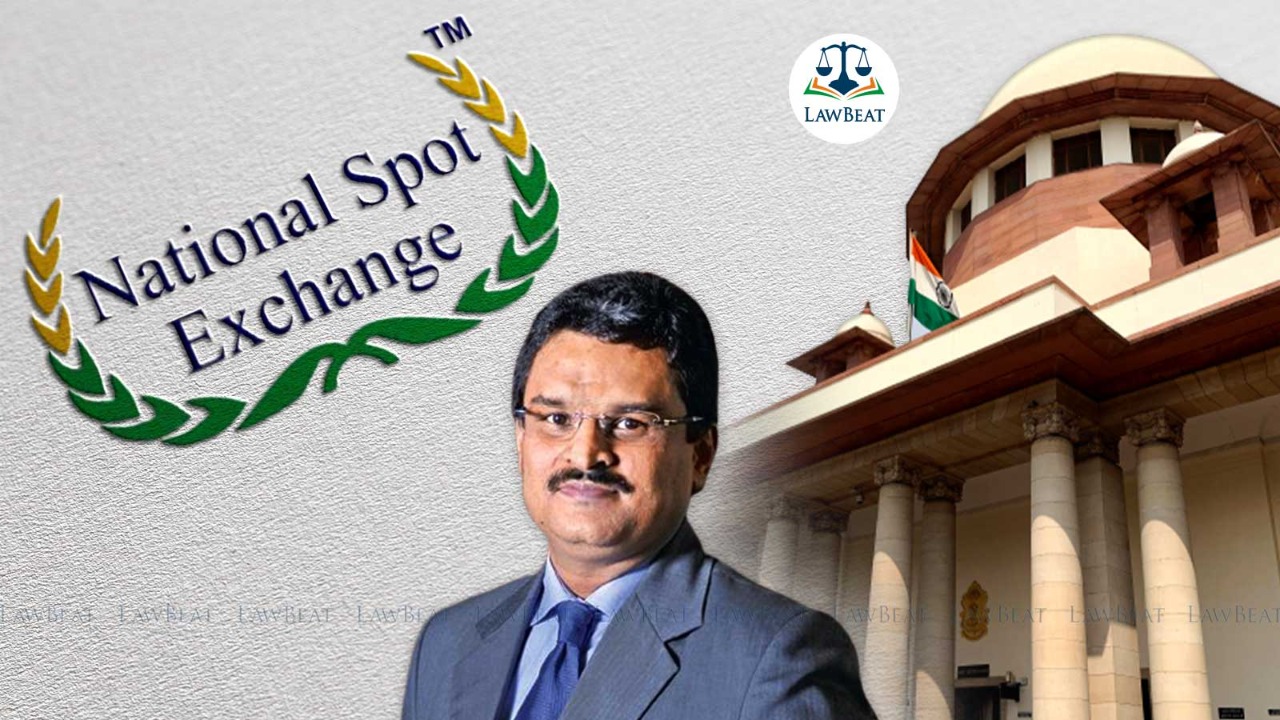NSEL Scam: Supreme Court upholds order attaching assets of 63 Moons Technologies for allegedly defrauding investors

The Supreme Court on Friday set aside a judgment of the Bombay High Court, by which certain notifications attaching the property of 63 Moons Technologies Ltd. under Section 4 of the Maharashtra Protection of Interest of Depositors (in Financial Establishments) Act 1999 (MPID Act) had been quashed.
Last month, the Enforcement Directorate (ED) has attached two flats and a parcel of land at Thane in Maharashtra worth Rs11.35 crore held by Shiv Sena leader and member of legislative assembly (MLA) Pratap Sarnaik in a case related to the Rs 5600 crore National Spot Exchange Ltd (NSEL) fraud.
63 Moons holds 99.99% of the shareholding of NSEL which operated as an exchange for spot trading in commodities.
NSEL offered 'paired‘ contracts. Such contracts enabled traders either by themselves or through their brokers, to simultaneously enter into paired contracts. The seller through his broker puts the commodities on sale and the buyer through his broker looks to purchase commodities of specific requirements.
In July 2013, about 13,000 persons who traded on the platform of NSEL claimed that other trading members had defaulted in the payment of approximately Rs 5,600 crores.
After an inspection of accounts of NSEL and 63 Moons under Section 209A of the Companies Act, Economic Offences Wing registered cases against the directors and key management personnel of the NSEL and 63 Moons and against trading members and brokers of NSEL under the provisions of the Indian Penal Code and the MPID Act.
On 21 September 2016 under Section 4 of the MPID Act, State of Maharashtra issued notices for attachment of assets to recover the defaulted money. 63 Moons was alleged to have induced investors on the NSEL platform.
Bombay High Court in 2019 had ruled that NSEL is not a financial establishment and as such action under MPID Act cannot be invited in the matter.
A bench of Justices Dr Dhananjaya Y Chandrachud, Surya Kant and Bela M Trivedi noted that Forward Markets Commission (FMC) had engaged Grant Thornton LLP to conduct a forensic audit of the practices and records of NSEL. The report found several instances where NSEL had repeatedly contravened the rules.
Furthermore, it was found that referring to the Bye-laws and rules of NSEL, the High Court held that NSEL is an electronic trading platform which only facilitated transactions between buyers and sellers.
To this, the court said,
"The High Court has lost sight of the fact that Section 2(c) of the MPID Act defines 'deposit‘ in broad terms.....The definition includes the receipt of money and the return of a commodity, or even the receipt of a commodity and a return in the form of a service. Further, Bye-law 10.8 indicates that NSEL was not merely an intermediary. The Bye-law states that the buyer shall pay the Clearing House the value of the delivery allocation. However, till the completion of the delivery process, the money will be retained by the Clearing House of NSEL."
While holding that High Court has read the definition of 'deposit‘ narrowly without any reference to the salutary purpose of the MPID Act, the Court went on to quash the impugned order.
Case Title: The State of Maharashtra vs 63 Moons Technologies Ltd.
